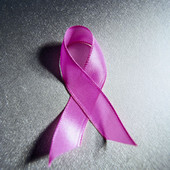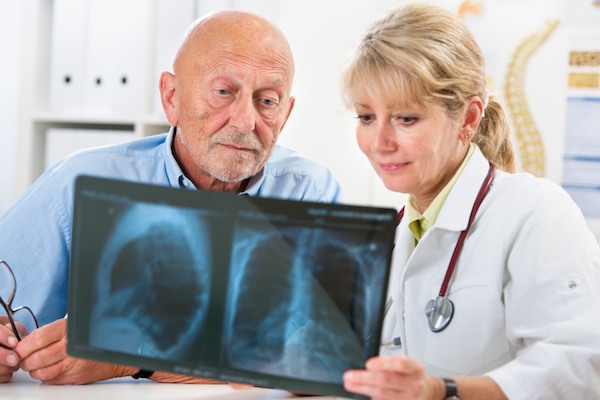
FRIDAY, Nov. 2 (HealthDay News) — Investigators have found preliminary evidence that eating red meat and poultry seems to boost the risk of breast cancer in white women — but not black women.
“Most breast cancer studies have been conducted in [white] women,” senior study author Dr. Elisa Bandera, an epidemiologist at the Cancer Institute of New Jersey, said in an institute news release.
So while previous research into the association between meat consumption and breast cancer has only looked at white women, Bandera noted, “our study provides new information on the role consumption of animal foods play on breast cancer development in women of European and African ancestry.”
In their study, the researchers took a wider look with the help of questionnaires that were answered by 976 black women and 873 white women with breast cancer, and 1,165 black women and 865 white women without cancer.
Among white women, those who ate the most unprocessed red meat and poultry seemed to have a higher breast cancer risk than those who ate the least, especially among those who hadn’t reached menopause, the investigators found. Each increase in weekly consumption of about 18 ounces or more of red meat and 7 ounces or more of poultry appeared to raise the risk in white women.
No association was found among black women other than a suggestion that red meat consumption might reduce the risk of one kind of tumor.
“This research supports encouraging [white] women to limit their intake of both red meat and poultry in order to reduce their risk of breast cancer, which is in line with the American Institute for Cancer Research’s recommendation of limiting red meat intake to less than 500 grams per week,” study lead author and research teaching specialist Urmila Chandran, said in the news release.
“Being that this study may be one of the first to examine this association in [black] women, results from this group are not conclusive, and more investigation is needed to replicate these findings,” Chandran added.
Although the study found an association between meat consumption and breast cancer risk in certain women, it did not prove a cause-and-effect relationship.
The findings were scheduled for presentation Thursday at the American Institute for Cancer Research meeting in Washington, D.C. The data and conclusions of research presented at medical meetings should be viewed as preliminary until published in a peer-reviewed journal.
More information
For more about breast cancer, visit the U.S. National Library of Medicine.

